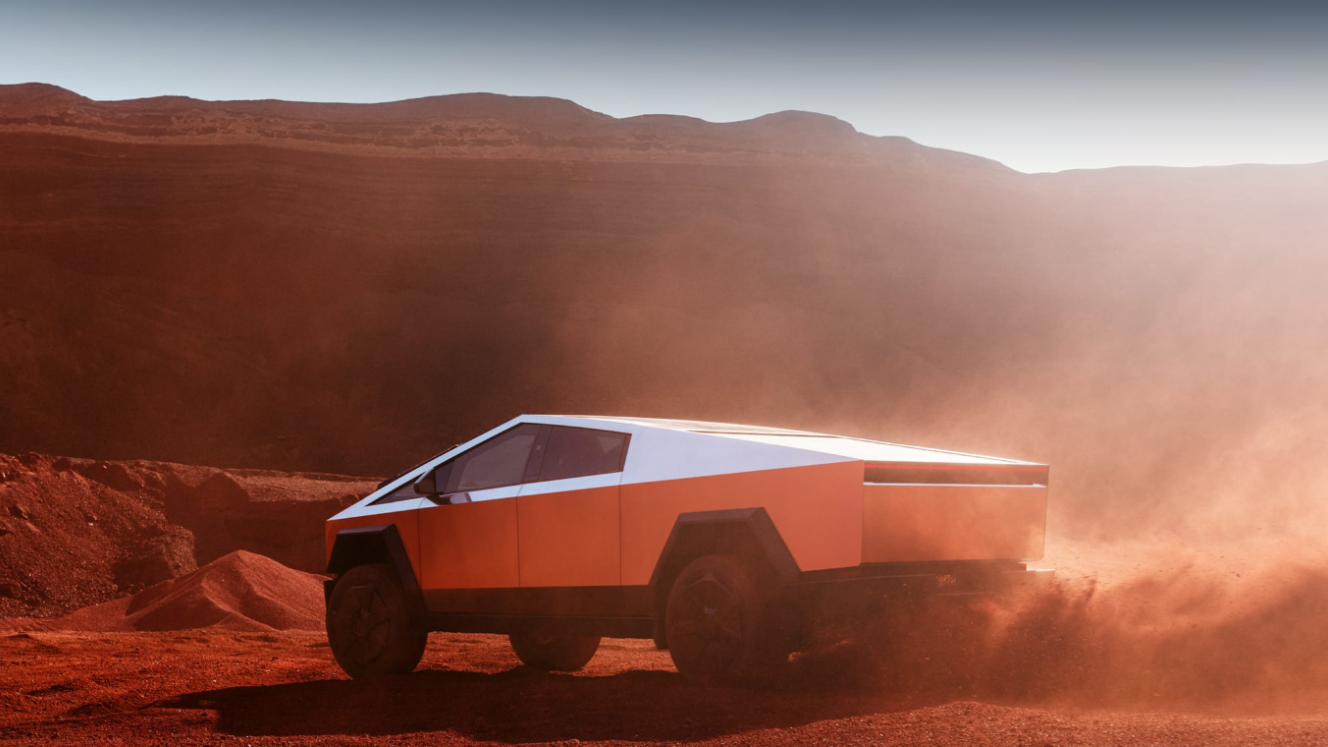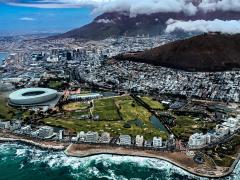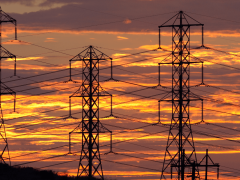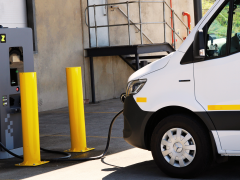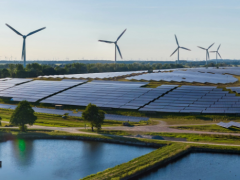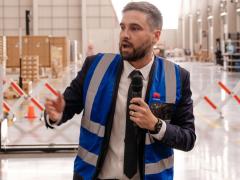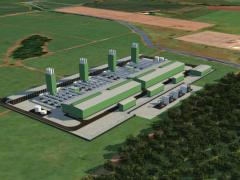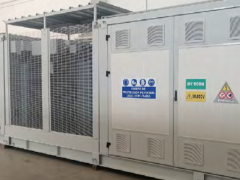Tesla’s electric vehicle (EV) revolution is sweeping the globe, but one country remains surprisingly absent from the party: South Africa. Despite a growing appetite for clean mobility, the world's leading EV maker is yet to set foot in the nation.
Why the hold-up? A tweet by Elon Musk on Saturday, the company's outspoken CEO, has shed light on a major hurdle – prohibitive import duties.
"Import duties are super high in South Africa to protect the domestic industry," Musk tweeted in response to a query about Tesla's South African launch. "Doesn't make sense for Tesla, given that electric cars are not locally made."
While traditional vehicles with internal combustion engines face an 18% import duty for South Africa, EVs are slapped with a hefty 25% tax. Depending on the vehicle’s value, the product is also subject to a luxury excise tax. MyBroadband reported that a Chevrolet Silverado, one of the world’s cheaper options for electric vehicles, would cost 59% more after landing in South Africa.
Tesla’s newest EV, the Tesla Cybertruck, retails at $60,990 (R1 159 865) in the United States. If the product were imported to South Africa, it would cost R1 955 416, adding roughly R795 551 in tax including Vat.
The issue boils down to a clash of priorities. The South African government, through high import duties, aims to shield the nascent domestic automotive industry, particularly established manufacturers. “Central to our approach is the primacy of domestic production of EVs,” said Trade, Industry and Competition Minister Ebrahim Patel.
